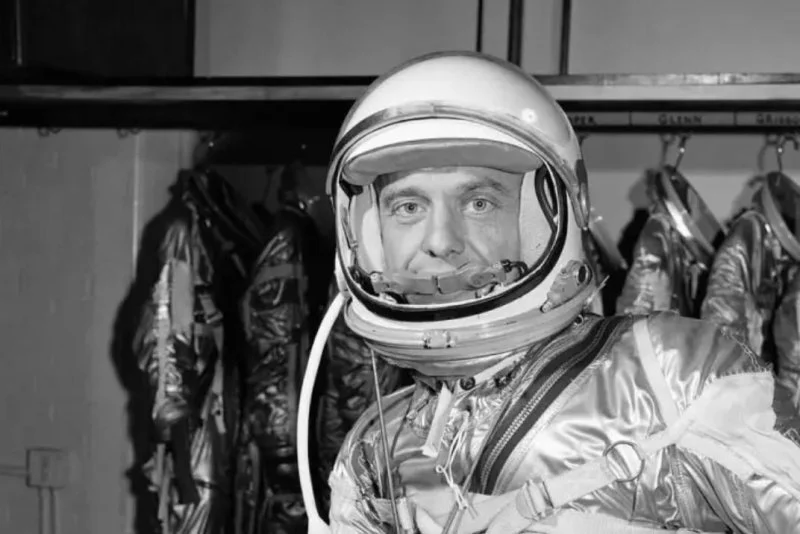
Celebrating Alan Shepard: 64 Years Since America’s First Journey Into Space
Sixty-four years ago, on May 5, 1961, America took its first leap into the cosmos with Alan Shepard's historic suborbital flight aboard the Freedom 7 capsule. This pivotal moment not only marked a significant achievement for the United States but also ignited a national passion for space exploration. Let's delve into the details of this momentous occasion and its lasting impact.

President Trump, years later, commemorated National Astronaut Day, highlighting Shepard's courageous mission and its contribution to American leadership in space. "Sixty-four years ago today, a brave American sat in the cockpit of the Mercury rocket, ready to face the unknown," Trump stated, emphasizing Shepard's role in defining "a future defined by American leadership in space." His words echoed the sentiment of a nation inspired by Shepard's pioneering spirit.
The launch of Freedom 7 from Cape Canaveral wasn't just a technological feat; it was a morale booster for a nation eager to compete in the space race. Just weeks prior, Soviet cosmonaut Yuri Gagarin had become the first human to orbit the Earth, intensifying the pressure on the U.S. to achieve its own space milestone. Shepard's 15-minute suborbital flight, though shorter than Gagarin's orbit, rekindled American pride and confidence.
Alan Shepard, a New Hampshire native and graduate of the U.S. Naval Academy, became an instant national hero. His journey didn't end with Freedom 7. Shepard later commanded the Apollo 14 mission in 1971, becoming one of the few individuals to walk on the moon. This further cemented his legacy as a true space exploration pioneer.

The impact of Freedom 7 extended beyond national pride. It marked a turning point in how space exploration was perceived. For the first time, the world witnessed the excitement of a space launch in real time through television, creating a shared global experience. The mission showcased American bravery and technological prowess, paving the way for future ambitious endeavors like the Apollo program and subsequent lunar landings.
As we commemorate the 64th anniversary of Alan Shepard's flight, it's crucial to remember the courage, innovation, and national spirit that propelled America into the space age. What lessons can we learn from Shepard's pioneering journey as we continue to explore the vast unknown? Share your thoughts and perspectives in the comments below.